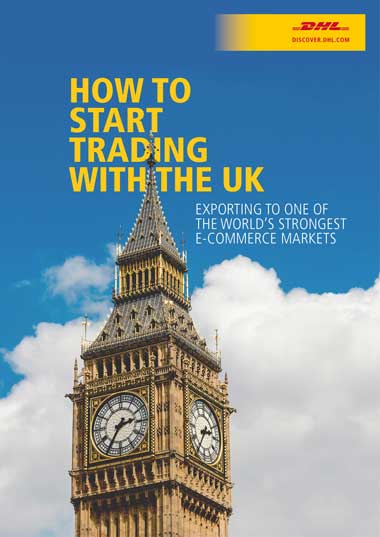A proven gateway to the USA and a major international trading power, the UK has long enjoyed an unrivalled business environment. So what makes the UK tick? And where are the opportunities for entrepreneurs and trade in the world’s fifth-largest economy?
With a GDP of US$2.7trn in 2016, the UK is the second-largest economy in the European Union after Germany. It’s a major international trading power with a highly developed, sophisticated and diversified market. In 2016, the UK was the tenth-largest goods exporter in the world and the fifth-largest goods importer. It is also one of the most globalized markets in the world.
A sum of parts – remember there are four countries
The UK comprises four distinct entities, England, Scotland, Wales and Northern Ireland. Each is proud of its unique heritage. Be wary of referring to British business associates as ‘English’, unless you are certain that they are. To do so is to risk giving offense.
General approach
Generalization, rather than specialization, tends to typify the British approach. Less merit is placed on pure technical ability than in some other countries.
Meeting etiquette
Meetings are often inconclusive, with the final decision being that another meeting needs to be held. In fact, rather than a being seen as the place for a final decision, meetings are often seen as a forum for debating potential solutions. They frequently start with seemingly meaningless small talk. This is seen as a good way to start business in a harmonious manner.
Being direct – best not to
The British can come across as quite reserved, distant and lacking emotion at first. Polite phrases are constantly used to avoid offending the other party. To be direct and bluntly disagree with someone is considered extremely rude. Being too direct is perceived as overly arrogant and aggressive, and can prevent a good business relationship from developing. This emphasis on diplomacy over directness in communication can make the British seem evasive. In reality, British business people are often searching for a way of saying something negative in a positive way. The exceptions to this rule are when dealing with data, numbers and legal policy, which are discussed with minimum ambiguity.
But how do I understand them then?
To succeed, you also need to be able to read between the lines of this often indirect way of speaking: for example 'that’s interesting' is often a coded way of saying that someone doesn’t like something.
To humor or not to humor? That is the question
Humor is also an important tool, often used to lighten the mood and defuse tension. The British especially like dry, witty humor, or comments that are made at one’s own expense. It’s felt to be important to be able to laugh at oneself. Remember, humor in business doesn’t mean that the situation isn’t being taken seriously.
All-important nuances
It is better to be self-deprecating than self-promoting: people who are verbally positive about themselves and their abilities will probably not be believed and will almost certainly be disliked. It is, of course, acceptable to be positive about your company and products.


























